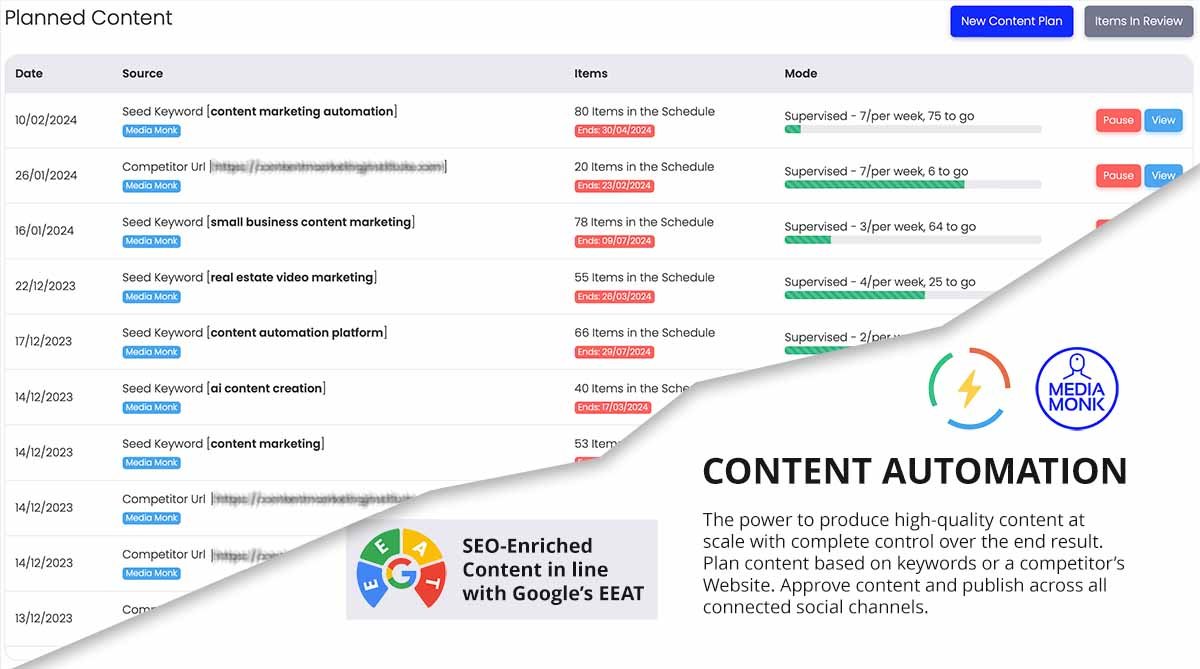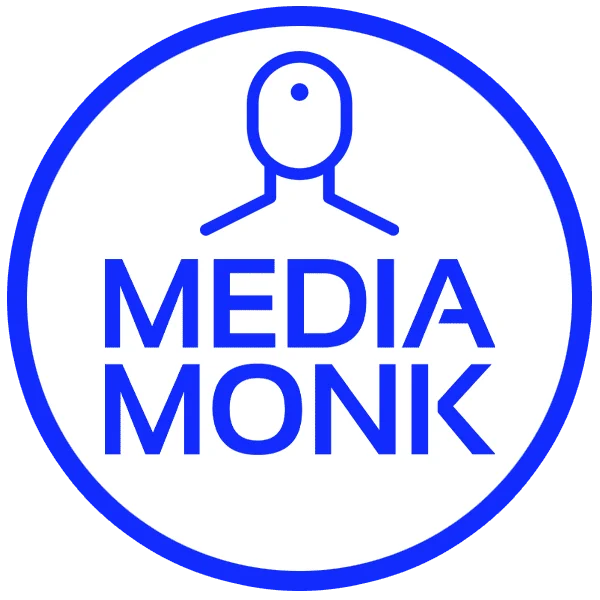Table of Contents
In today’s fast-paced digital world, having a well-defined content strategy is crucial for businesses aiming to stand out in a crowded marketplace. A comprehensive content strategy document serves as a roadmap for your content marketing efforts, guiding you towards your goals and ensuring consistency across all channels. In this article, we will delve into the importance of a content strategy document, explore the key components of a successful strategy framework, provide real-world examples to inspire your own document, discuss the process of documenting and implementing a content strategy, and highlight how Media Monk can assist in content strategy development.
The Importance of a Content Strategy Document
A content strategy document is crucial for businesses in today’s digital landscape, as it serves as a roadmap for all content marketing efforts. This document outlines the specific goals and objectives that a company aims to achieve through its content, as well as the target audience it wants to reach. By clearly defining key messaging, content types, and distribution channels, businesses can ensure that their content is effectively reaching the right audience and resonating with them.
19% of businesses who use AI content generation tools report a very successful content strategy.
Clearscope
Having a comprehensive content strategy document also helps businesses stay focused and aligned with their overall business objectives. By clearly documenting the strategy, companies can ensure that all content efforts are working towards the same goals and are consistent in messaging and tone. This alignment is essential for creating a cohesive brand image and building trust with customers.
Furthermore, a well-documented content strategy document allows businesses to track and measure the success of their content marketing efforts. By setting clear KPIs and metrics in the document, companies can easily monitor the performance of their content and make data-driven decisions to optimize future strategies. This data-driven approach helps businesses stay agile and adapt to changing market trends, ensuring long-term success in the competitive digital landscape.
Exploring the Components of a Successful Content Strategy Framework
A successful content strategy framework is crucial for businesses to effectively reach their target audience and achieve their marketing goals. Audience research is a key component of this framework, as it helps businesses understand their target demographics, preferences, and behaviors. By conducting thorough audience research, businesses can tailor their content to resonate with their audience, ultimately driving engagement and conversions.
Content planning is another essential component of a successful content strategy framework. This involves outlining the types of content to be created, the topics to be covered, and the channels through which the content will be distributed. By strategically planning content creation, businesses can ensure that their messaging is consistent, relevant, and aligned with their overall marketing objectives.
Content distribution and performance measurement are also critical components of a successful content strategy framework. Distributing content across various channels, such as social media, email, and websites, helps businesses reach a wider audience and drive traffic to their platforms. By measuring the performance of their content through metrics such as engagement, click-through rates, and conversions, businesses can gain valuable insights into what is working well and what can be improved in their content strategy.
Real-World Content Strategy Examples to Inspire Your Own Document
When creating a comprehensive content strategy document, it is important to look at real-world examples of successful content strategies to gain valuable insights and inspiration. By studying how leading brands approach content strategy, businesses can learn best practices and apply them to their own strategy to achieve similar success. This can help in identifying trends, strategies, and tactics that have proven to be effective in the digital landscape, providing a roadmap for businesses to follow.
By analyzing real-world content strategy examples, businesses can see how successful brands have tailored their content to resonate with their target audience, engage with them effectively, and drive desired outcomes. This can help in understanding the importance of creating content that is relevant, valuable, and engaging to the audience, ultimately leading to increased brand visibility, credibility, and customer loyalty.
Utilizing real-world content strategy examples can also help businesses in identifying gaps or areas of improvement in their own strategy document. By benchmarking against successful brands, businesses can refine their content strategy, optimize their approach, and implement new tactics to stay ahead of the competition. This continuous learning and adaptation based on real-world examples can be instrumental in creating a powerful content strategy document that drives results and propels business growth.
The Process of Documenting and Implementing a Content Strategy
Documenting and implementing a content strategy is a multi-faceted process that requires careful planning and coordination. It starts with conducting a thorough content audit to assess the current state of your content and identify areas for improvement. This audit helps in understanding what content is resonating with your audience and what is not, allowing you to make informed decisions about the direction of your content strategy.
Once the content audit is complete, the next step is to create an editorial calendar that outlines the content creation and publication schedule. This calendar helps in organizing your content creation efforts, ensuring that you have a consistent flow of content that aligns with your overall strategy. By mapping out your content in advance, you can also identify any gaps in your content strategy and address them proactively.
Defining key performance indicators (KPIs) is another crucial aspect of documenting and implementing a content strategy. KPIs help in measuring the success of your content marketing efforts and provide valuable insights into what is working and what needs improvement. By setting clear KPIs, you can track the performance of your content against specific goals and objectives, allowing you to make data-driven decisions to optimize your content strategy for better results.
How Media Monk Can Assist in Content Strategy Development
Media Monk’s cutting-edge AI solutions are designed to revolutionize the way businesses approach content marketing. By harnessing the power of advanced technology and data-driven insights, Media Monk can assist in creating a comprehensive content strategy document that is not only effective but also adaptable to the ever-changing digital landscape. With Media Monk’s expertise, businesses can ensure that their content strategy is aligned with their goals and objectives, driving engagement, conversions, and brand awareness.

Through collaboration with Media Monk, businesses can access a wealth of resources and tools that are specifically tailored to enhance their content marketing efforts. From content creation to distribution and optimization, Media Monk’s AI solutions provide a holistic approach to developing a successful content strategy. By leveraging these cutting-edge technologies, businesses can stay ahead of the competition and achieve sustainable growth in today’s competitive market.
Partnering with Media Monk means more than just creating a content strategy document – it means gaining a strategic ally that is dedicated to helping businesses succeed. With Media Monk’s support, businesses can navigate the complexities of content marketing with confidence, knowing that they have a trusted partner by their side. By entrusting their content strategy development to Media Monk, businesses can unlock new opportunities for growth and innovation, ultimately paving the way for long-term success in the digital landscape.








